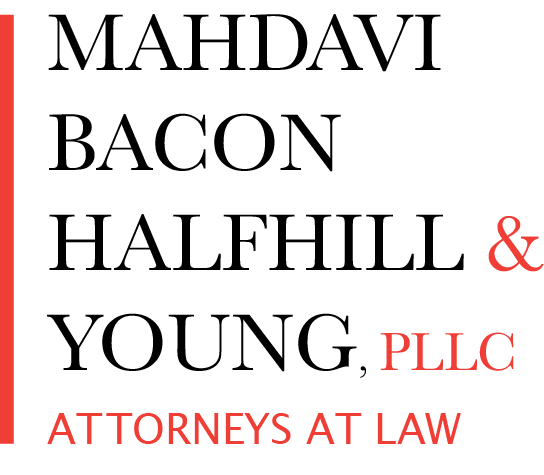You generally want to know the qualifications of the professionals with whom you deal. You generally like to know that your doctor went to medical school and that your lawyer went to law school. Why then, when you go into your bank and you are solicited to purchase financial products, do you assume that you are dealing with a qualified professional?
Banks are important components of our financial system. Banks are great places to store money and perhaps get a mortgage or a loan. There are many fine banking institutions. However, whenever you are solicited by a bank representative to purchase investment products, insurance and annuities, red flags should go up.
When it comes to investment advice, you need to know who you are dealing with. The bank may be a solid institution and may be too-big-to-fail, but your direct dealings will be with a representative at your branch or someone who may call. That is when you need to ask one simple question: “What are your qualifications?”
Many investors assume that when they are dealing with a too-big-to-fail bank that they will receive first-rate advice. However, think about it. Who are you are dealing with? Perhaps it is a trained bank professional. Perhaps it is a professional who has had training in selling financial services and providing financial advice. Or maybe it is the branch manager’s son-in-law who could not hold a fry cook position at the local fast food restaurant.
Banks have moved swiftly into selling customers investments and insurance products since the Gramm-Leach-Bliley Act broke down the barriers between banks, financial services companies, and insurance companies. Banks have pursued these new avenues of revenue with a vengeance.
Bank customers are great prospects to buy other products. A depositor or a loan-holder is already a customer. The bank representative knows how much cash the customer has in his or her account. Think about it. The last time you deposited a large check, did the teller suggest that you may want to talk to someone in the bank about investing that cash? That teller can see and scan your accounts while depositing that large check. The kind branch manager or someone else at the bank instantly knows a lot about your financial circumstances. Customers assume that the bank is a secure location, and everything it does is regulated. It has to be safe and sound, customers assume.
You need to ask questions and get information before you decide to rely on a bank representative. The recommendation of investment products like annuities requires sound analysis and advice. What does the person at the bank know about annuities? Maybe he or she has been trained. Or maybe the representative is only looking at the commission on an annuity with a teaser rate of 6% that quickly drops to under 1% after the introductory period.
You should investigate and question the person at the bank the same way you would a person knocking at your front door to sell you a product. Ask for information about the person’s education and investment experience. If the person is selling securities, then he or she has to be licensed and registered. You can log onto www.finra.org, type in the person’s name, and you can see if there are any reported complaints against that person. The FINRA check will also show you that person’s employment history and licensing tests. You may also be able to check with your state insurance commission online. You should and must know the person you are dealing with. You may trust your bank, but trust and verify is a better piece of advice when dealing with your and your family’s financial security.

